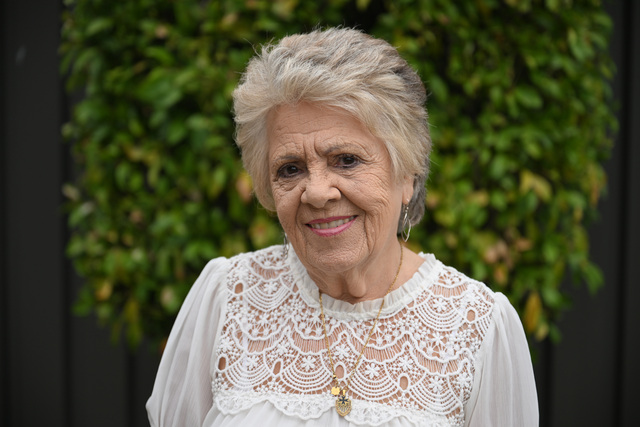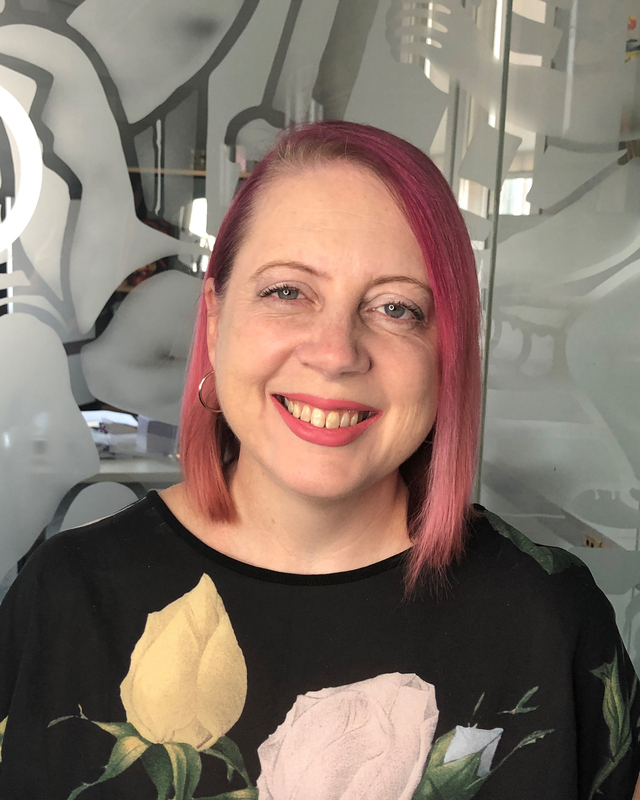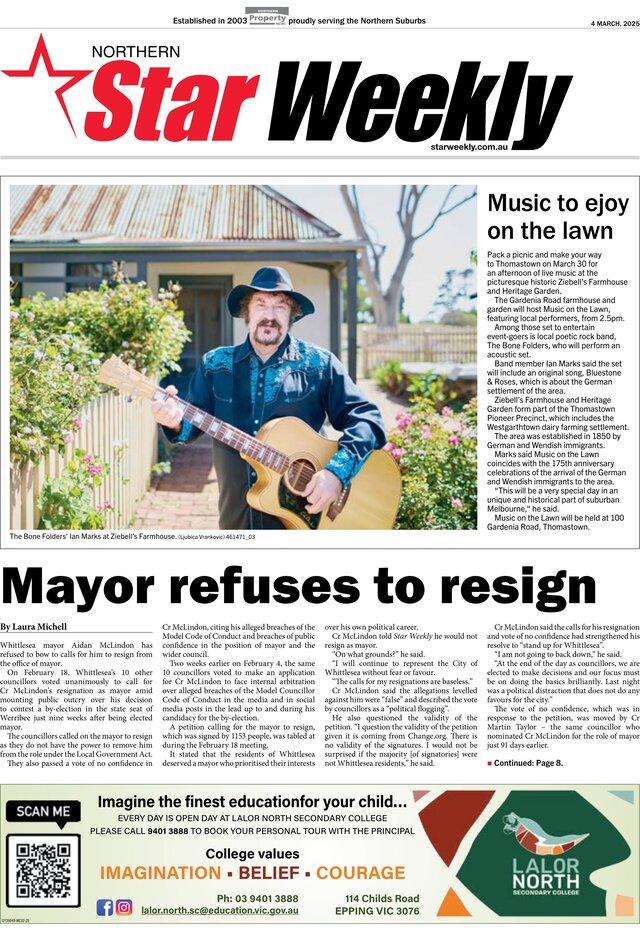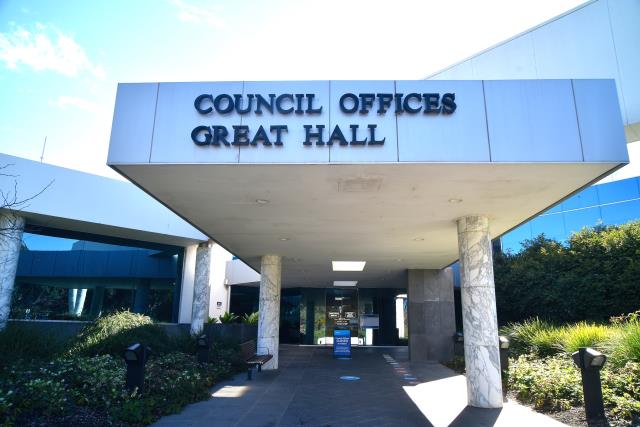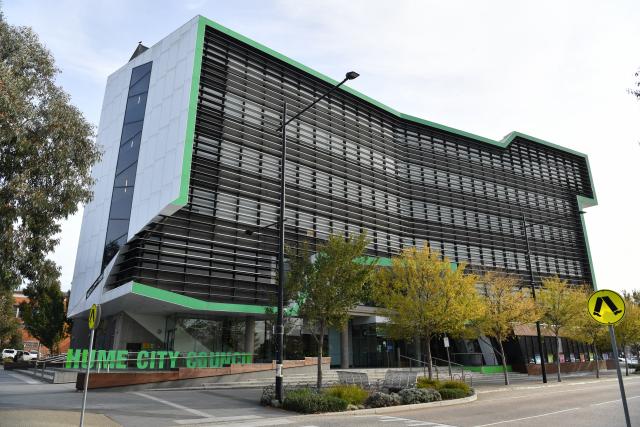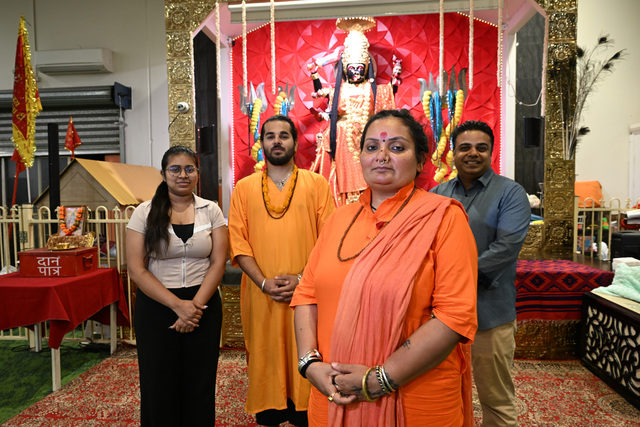If you are allergic to a food or can’t take certain prescription medication, you’re not alone. Allergic diseases are among the fastest growing chronic conditions in Australia, affecting approximately one in five Australians.
Trying to access quality allergy care in the community, particularly in rural and remote areas, can be challenging. That is why the National Allergy Council is holding face-to-face and online community engagement sessions across Australia to bring people together to talk about how to improve access to allergy care, especially for people living in rural and remote areas.
“We are visiting different cities and regions so we can talk to, and hear ideas from local people, communities, healthcare professionals, hospital and health service staff, primary health networks, governments, health administrators and other interested groups or people,” said Dr Katie Frith, paediatric clinical immunology/allergy specialist and Co-lead for the National Allergy Council Shared Care for Allergy Project.
“Living with an allergy or being a parent or carer of a child with a severe allergy, can be quite frightening, particularly if there is a delay in diagnosis or if you don’t have support,” added Maria Said AM, National Allergy Council Director and CEO of Allergy & Anaphylaxis Australia.
The National Allergy Council want to hear from:
· people living with an allergy or caring for someone with an allergy
· public hospital and health service staff
· healthcare professionals working in private practice
· primary health networks
· governments, health administrators, and
· other interested people or groups.
Upcoming sessions are:
9am – 12pm Monday 5 June, regional Victoria
9am – 3pm Wednesday 7 June Melbourne central CBD,
To register go to the Shared Care for Allergy Consultation Hub.
“We encourage anyone living with or caring for someone with an allergic disease, along with health professionals and other interested people to register for the community consultation happening closest to them or join us online”, stated Dr Frith. “For people who need to travel, they can apply for travel assistance”, Dr Frith added.




